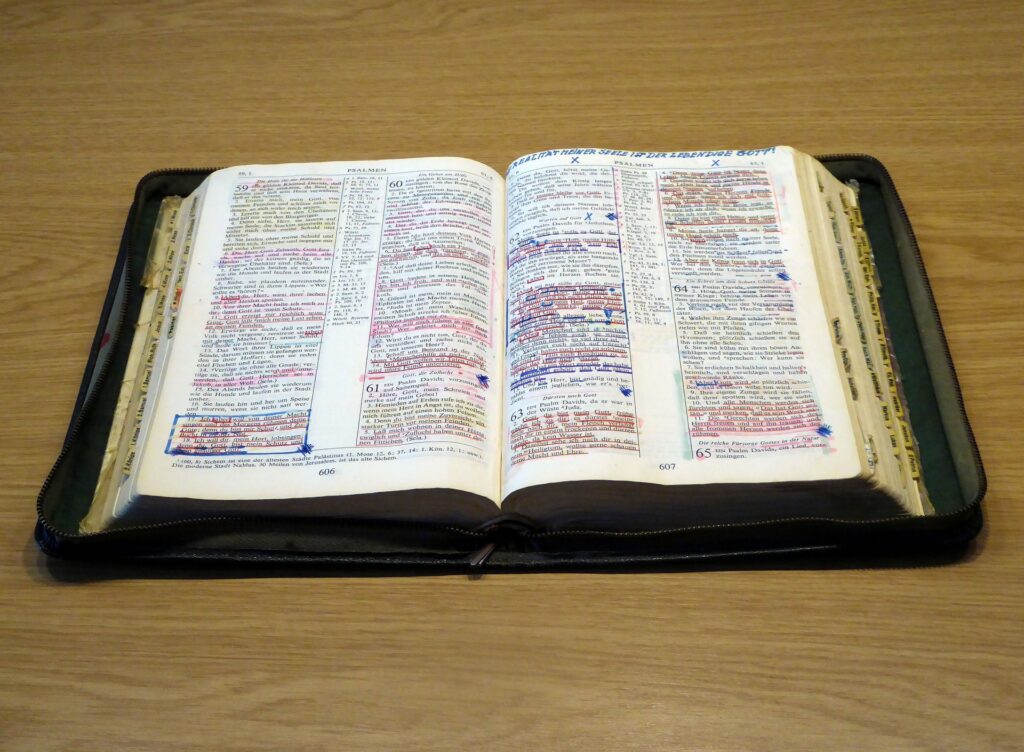
Context, Context, Context
When COVID-19 shutdowns were just beginning, a friend shared a highly disturbing Facebook video. In that video, a gentleman said he was protected from the disease; for “proof” he quoted the King James Version translation of Psalm 91:10: “There shall no evil befall thee, neither shall any plague come nigh thy dwelling.” No need for a mask, no need for self-isolation, no need for hand washing or sanitation or any other such thing. God would protect him. Evil could not befall him.
With all due respect, the psalmist wasn’t speaking to you or about the coronavirus when he wrote these words. Because there is no historical context given, we have no idea what caused the psalmist to write these words.(1) However, we cannot ignore the historical context altogether. We do know that the plagues described in the Psalm come from sin (Ps 91:7-8); in the Old Testament, God sent plagues upon his people as punishment for specific sin (e.g., Num 11:33; 2 Sam 24:15). Psalm 91 poetically teaches God brings punishment upon the wicked but “[w]hoever dwells in the shelter of the Most High” (Ps 91:1) will find safety. That safety may not always be in this life—it could very well be only in the life to come that one finds safety.
I use the egregious interpretation of Psalm 91 vis-à-vis COVID-19 to make an important point: Whenever we read Scripture, we must carefully examine the context. Who wrote the passage? Who is speaking? Whom is the speaker addressing? What is taking place at the time? What prompted the writing (often the context will tell you why a specific passage or book was written)?
God did not simply give his Word in a vacuum; instead, he used men to record his will in the circumstances of their day. Ignoring those circumstances leads to disastrous understandings of Scripture. If I ignore the context of Scripture, I can say:
- God is a liar (Gen 3:4).
- Just a little faith can allow me to move mountains (Matt 17:20).
- I can pick up a rattlesnake with my hands and drink deadly poison without being harmed (Mk 16:18).(2)
- Christians should desire the gift of prophecy (1 Cor 14:1).
Much error can arise if I ignore the context of a passage because I can make that text say anything I want. Keeping every word of Scripture in its proper context will help me discern what God wills me to know.
____________________
(1) “The original setting for most psalms is a matter of speculation,” NIV Cultural Backgrounds Study Bible, s.v., Psalm 91:14, Kindle edition.
(2) While I personally reject the authenticity of Mark’s Longer Ending, the fact that taking Mark 16:18 out of context would bring about calamity remains.





